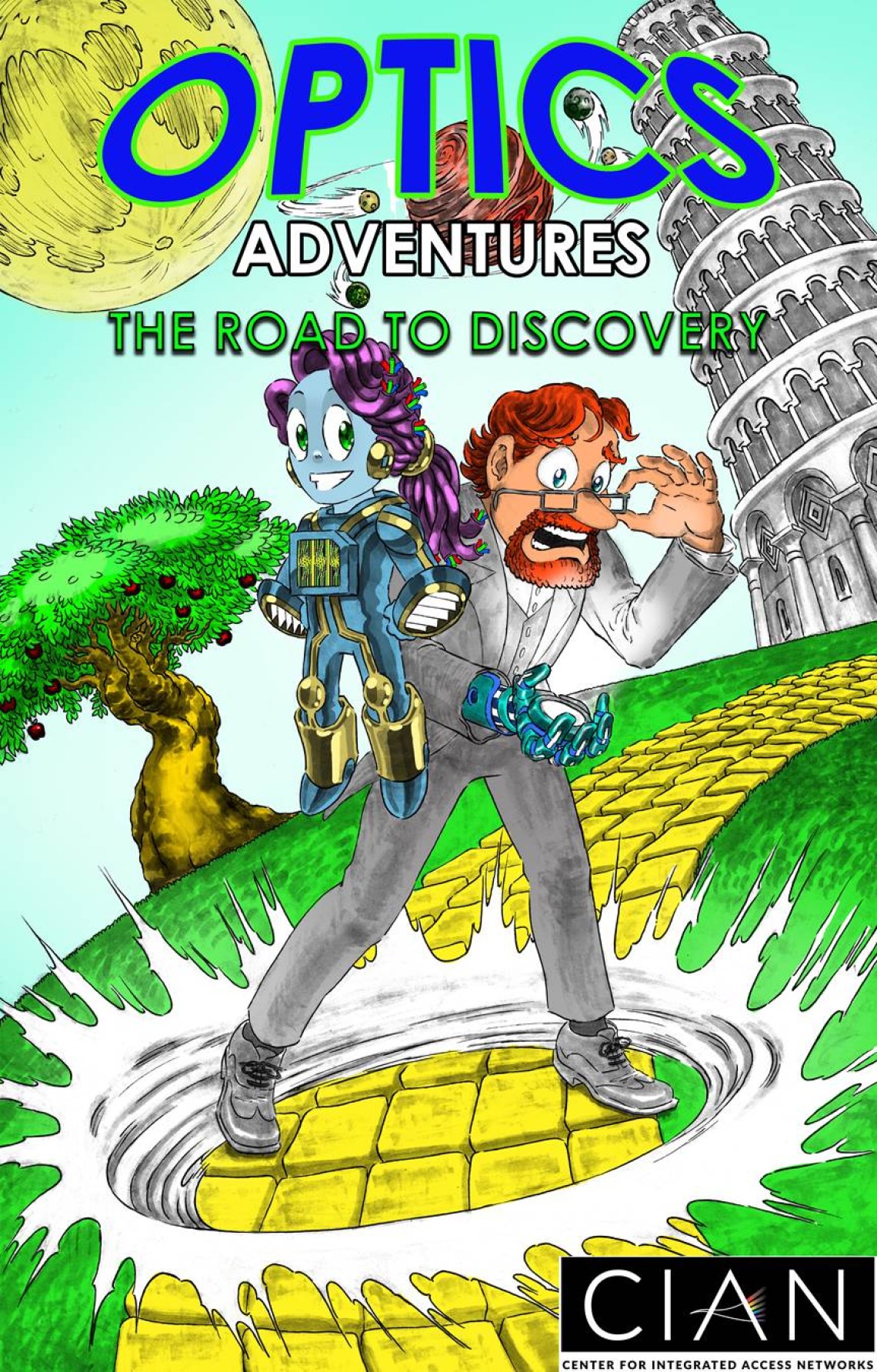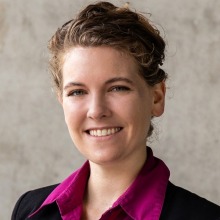Team Selected for NSF VITAL Challenge Creating the Next Generation of Learning Technologies


Ameé Hennig, MA
Media Content Manager, Wyant College of Optical Sciences, UArizona
Comic: Writer

Allison Huff, DHEd
Assistant Professor, College of Medicine, UArizona
Comic: Grant Writer, Editor

Vincent Hood, MA
Yavapai-Apache Nation
Comic: Illustrator
NSF recently announced 54 teams chosen for the VITAL Prize Challenge Semi-Final Round, an initiative to support "teams developing novel learning technologies with entrepreneurial training, customer discovery support, seed funding and mentorship to build K-12 learning innovations for adoption nationwide." One team selected includes Ameé Hennig, Wyant College Media Content Manager, Prof. Allison Huff, Assistant Prof. at UArizona College of Medicine, and Vincent Hood, Illustrator and member of the Yavapai-Apache Nation. Together, the team hopes to create, "An Indigenous-Inclusive digital STEM comic book aligned with education standards to improve Native American (NA) student engagement and success in STEM."
The idea stems from work that began when the teammates were part of the NSF Engineering Research Center (ERC) for Integrated Access Networks (CIAN), based out of Wyant College. As part of the CIAN ERC's educational initiatives, the team developed the first early edition of the digital comic book dedicated to STEM education with an optics focus. At that time, Tech Launch Arizona (TLA), the university's commercialization arm, worked with the team to post the innovation on the university's inventions.arizona.edu website to begin marketing it to connect with potential licensees. Moving forward, the team will continue to work with TLA to develop strategies for copyrighting and disseminating the comic and the technology associated with it.
The competition began with 300 submissions, was reduced to a collection of 100 multidisciplinary teams during the Discovery Round, and now continues in the Semi-Final round with only 54 teams. Each team will receive $20,000 to pursue the development of a Minimum Viable Prototype (MVP) of the technology that will then be pitched at the end of this round. If selected to participate in the Final Round the team will receive an additional $50,000 and be in the running for 1st ($250K), 2nd ($150K) and 3rd ($100K) place prizes, of which there are three for each category.
In the announcement, NSF shared, "NSF is thrilled to support these technologies and innovations that will impact diverse learners," said Erwin Gianchandani, NSF assistant director for Technology, Innovation and Partnerships. "The grassroots, multidisciplinary projects advancing to the Semi-Final Round today show great promise for transforming education through new ideas, tools, technologies and systems."
